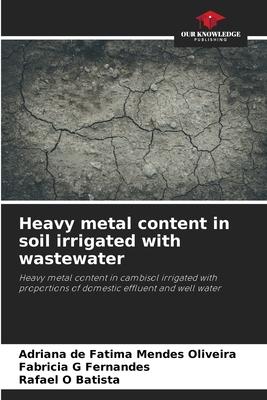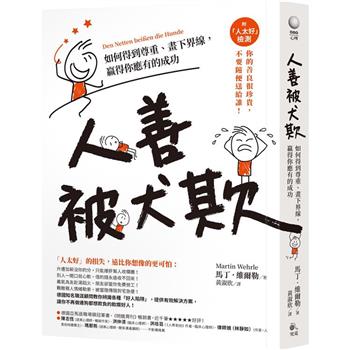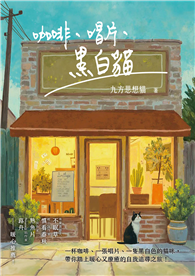The Brazilian semi-arid region is characterized by a short rainy season, high temperatures and a high evaporation rate. In terms of the amount of water in the soil available to plants, this region suffers from water deficiency in most months of the year (BRASIL, 2012b). In addition, inadequate or non-existent sanitation directly affects the health and living conditions of the population, in which infectious diseases continue to be an important cause of mortality (IBGE, 2010).The nutrient content of domestic wastewater encourages the practice of reuse in agricultural production, but the presence of heavy metals, even in low concentrations, can cause environmental problems in the long term. The aim of this study was to analyze the quality of domestic sewage and well water from a rural settlement in the Potiguar semi-arid region, as well as the change in heavy metal levels in a cambisol cultivated with chilli peppers and irrigated with proportions of effluent and well water. To this end, a 744 m experimental area was set up in the Milagres settlement in Apodi-RN.
| FindBook |
有 1 項符合
Heavy metal content in soil irrigated with wastewater的圖書 |
 |
Heavy metal content in soil irrigated with wastewater 作者:Oliveira 出版社:Our Knowledge Publishing 出版日期:2024-04-28 語言:英文 規格:平裝 / 64頁 / 22.86 x 15.24 x 0.38 cm / 普通級/ 初版 |
| 圖書館借閱 |
| 國家圖書館 | 全國圖書書目資訊網 | 國立公共資訊圖書館 | 電子書服務平台 | MetaCat 跨館整合查詢 |
| 臺北市立圖書館 | 新北市立圖書館 | 基隆市公共圖書館 | 桃園市立圖書館 | 新竹縣公共圖書館 |
| 苗栗縣立圖書館 | 臺中市立圖書館 | 彰化縣公共圖書館 | 南投縣文化局 | 雲林縣公共圖書館 |
| 嘉義縣圖書館 | 臺南市立圖書館 | 高雄市立圖書館 | 屏東縣公共圖書館 | 宜蘭縣公共圖書館 |
| 花蓮縣文化局 | 臺東縣文化處 |
|
|
圖書介紹 - 資料來源:博客來 評分:
圖書名稱:Heavy metal content in soil irrigated with wastewater
|









